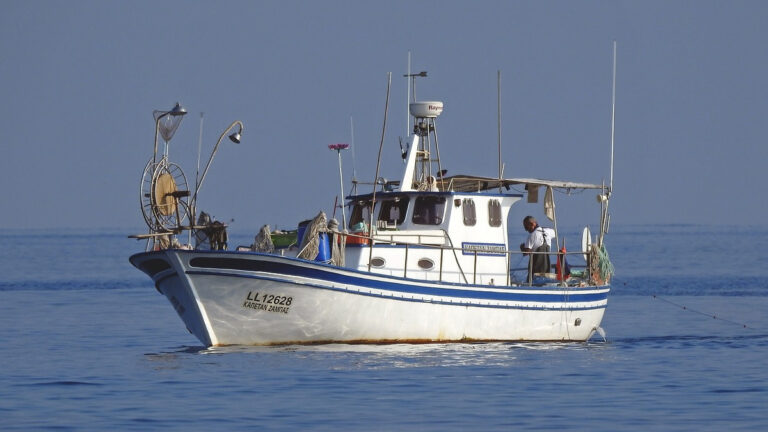Fishing boat in an undisclosed location (representative photo only) Pixabay.com
Indonesia is receiving support from the International Maritime Organization (IMO) in its efforts to accede to the key treaty on fishing vessel safety: the 2012 Cape Town Agreement (CTA). A national consultation visit was recently held in Bali, at the request of the country’s government, to provide expert legal and technical assistance to support the state’s accession process and ensure effective compliance and implementation.
Indonesia is the world’s largest archipelagic state, with more than 17,500 islands, and 40% of its population depends on fishing for their livelihoods. The IMO said this underscores the importance of the Cape Town Agreement – which will set minimum standards for fishing vessel safety – to protect fishing vessel personnel in the country’s fishing fleet and on board foreign fishing vessels where their nationals may be employed or calling at their ports.
The consultation visit was organized by IMO, the Indonesian Ministry of Transport and the Indonesian Ministry of Maritime Affairs and Fisheries, with support from The Pew Charitable Trusts, S&P Global and the Indonesia Tuna Palline Association. The visit also included conducting a gap analysis of existing legislation and safety requirements and developing an overview of capacity building needs. The benefits of the Cape Town Agreement were explained in detail to public and private stakeholders in the Indonesian fisheries sector.
Indonesia has already initiated the accession process through a presidential decree. Once the process is completed, Indonesia plans to organize a regional workshop, in collaboration with IMO, to share experiences and guide other countries in the Asia-Pacific region that would consider joining the Cape Town Agreement, which should meet the entry-in-force criteria.
Once in force, the Cape Town Agreement will ensure global regulation of safety standards for large industrial fishing vessels around the world and for those working on board. As of October 2023, the number of parties to the Cape Town Agreement has reached 22, meeting one of the two criteria required for the agreement to enter into force.
The second condition, that States parties to the treaty must have a total of at least 3,600 fishing vessels of 24 metres and above authorised to operate on the high seas, has not yet been met. The agreement will enter into force 12 months after the date on which these two requirements have been met.


